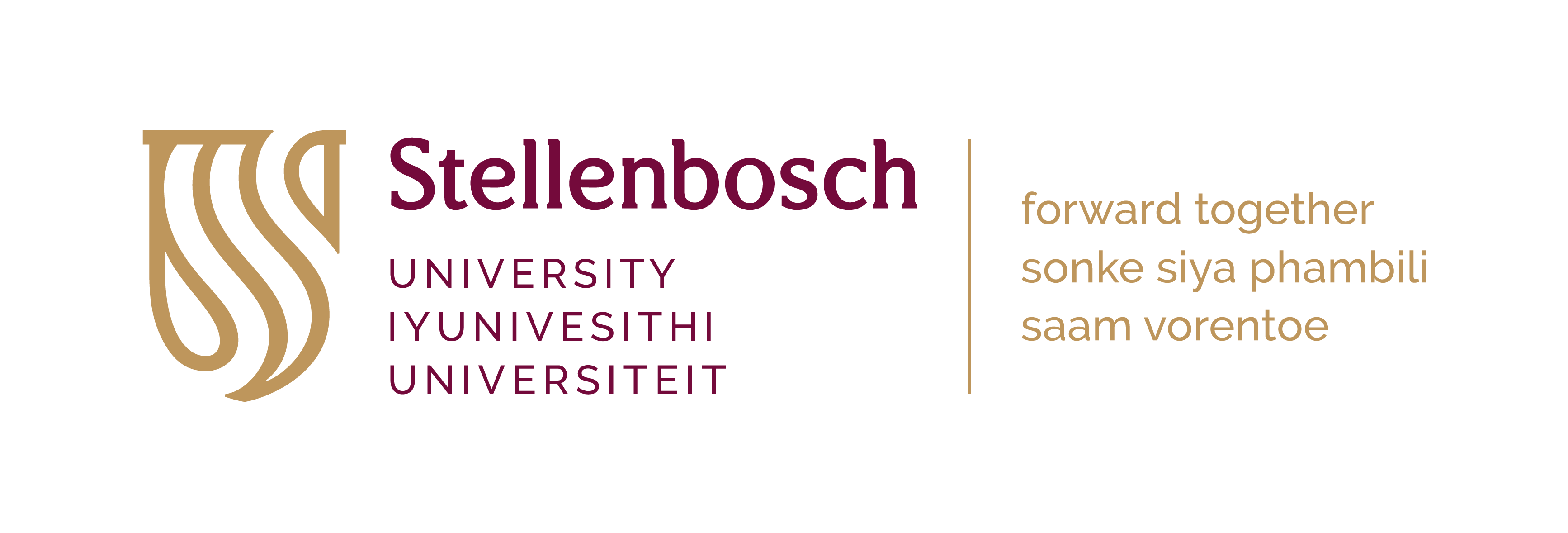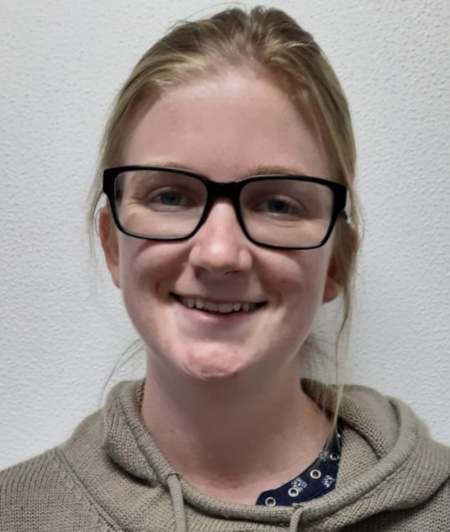Meet Miss Rebecca Dwyer, a masters candidate within the Animal TB Research Group at Stellenbosch University’s Division of Molecular Biology and Human Genetics, Faculty of Medicine and Health Sciences.
In celebration of Youth Month 2020, the Division of Molecular Biology and Human Genetics is paying tribute to young researchers within our institute. We share heart-warming stories of our students whose lives give us great hope for the future of South Africa. We thank these students for volunteering to tell us a little about themselves and their research.
Tell us briefly about your background?
I grew up in Rustenburg/Phokeng in the North West Province of South Africa. I consider myself lucky to have grown up in a small town with its freedoms and closeness to nature. I completed High School at Lebone II College of the Royal Bafokeng. The rich culture of community, “ubuntu” and dreaming big that it offered are values that I will carry with me always.
Why did you choose your field of study – what or who inspired you? Is this what you envisioned for yourself growing up?
I have always wanted to be a research scientist, and to work in a field of medical or scientific innovation that makes the world a better place. I am inspired by creation – we live in such an incredible world and I want to dig deep and learn as much about it, and contribute as much to it, as I can in this life.
I was also inspired by my wonderful parents – my mother is a professional nurse and midwife who specialises in palliative care, and if I inherit even a fraction of her compassion and professionalism, I would consider that a success. My father is an exploration geologist, and he nurtured my curious mind with a never-ending patience.
What is your research focus on?
My research focus is tuberculosis in black (Diceros bicornis) and white (Ceratotherium simum) rhinoceros, and is primarily dedicated to the development of diagnostic methods, and to understanding the epidemiology of the disease in these animals.
How can your research help to improve Africa and/or the lives of its people?
It is my hope that my research will inform strategies for improved overall health and wellness for the people and animals of Africa. Additionally, I hope to add value to conservation strategies for our precious rhinoceros species.
What obstacles did you have to overcome to get where you are today?
When I finished high school, I left home to pursue a BSc degree at the Nelson Mandela Metropolitan University in Port Elizabeth. I was far away from my supportive, loving family and friends, who I missed terribly. Having never been to the Eastern Cape, this was completely uncharted territory for me. Finding my feet and living on my own for the first time was a challenge, and it was confounded by the increased academic workload.
When I finished my Honours degree, I wanted to pursue a Masters degree or to work in research, which is my passion, but sadly there were no Masters positions available in Port Elizabeth for me at the time. When my partner moved to Cape Town for work, I moved here with him. It took a while for me to find a job, and the job search was frustrating and demoralising at times. After over a year of rigorous searching both before and during my previous term of employment, I was offered a Masters position in the Animal TB research group at Stellenbosch University. The long wait was worth it – this is a dream come true for me.
If you could invite any three researchers (alive or dead; local or international) to a dinner party, who would you pick and why?
I would start with Edward Jenner – his work on the smallpox vaccine was such a spearhead of innovation, and I think that it would be interesting to hear his take on the risks that he took in his research, and what course that might have followed in the world as it is today. I would also love to meet Rosalind Franklin, just to hear more about the challenges she faced with being a woman in a field that, at the time, was dominated by men.
What is your favourite quote/saying?
“Wherever you are, be there.”
Any advice for young people who are considering a career in STEM?
Just don’t give up – everyone has their own path, and yours might be different to what you planned. But if you are passionate about it, it is worth it in the end.
What do you hope to achieve in the future?
I have two main lifelong career goals – to use science to make the world a better place, and to always continue learning.

